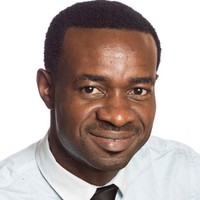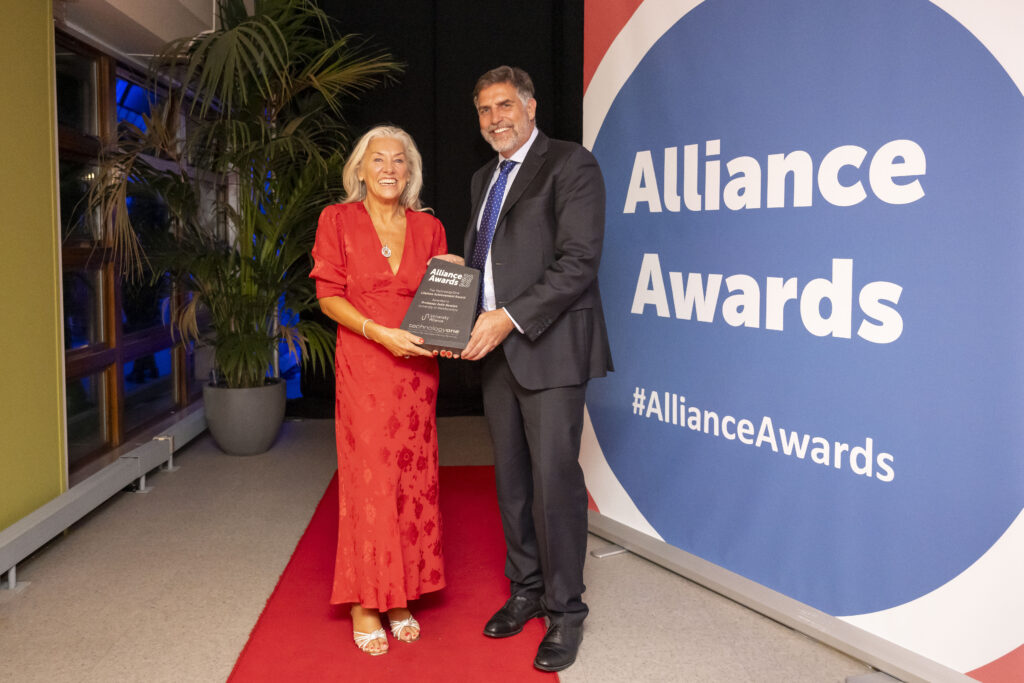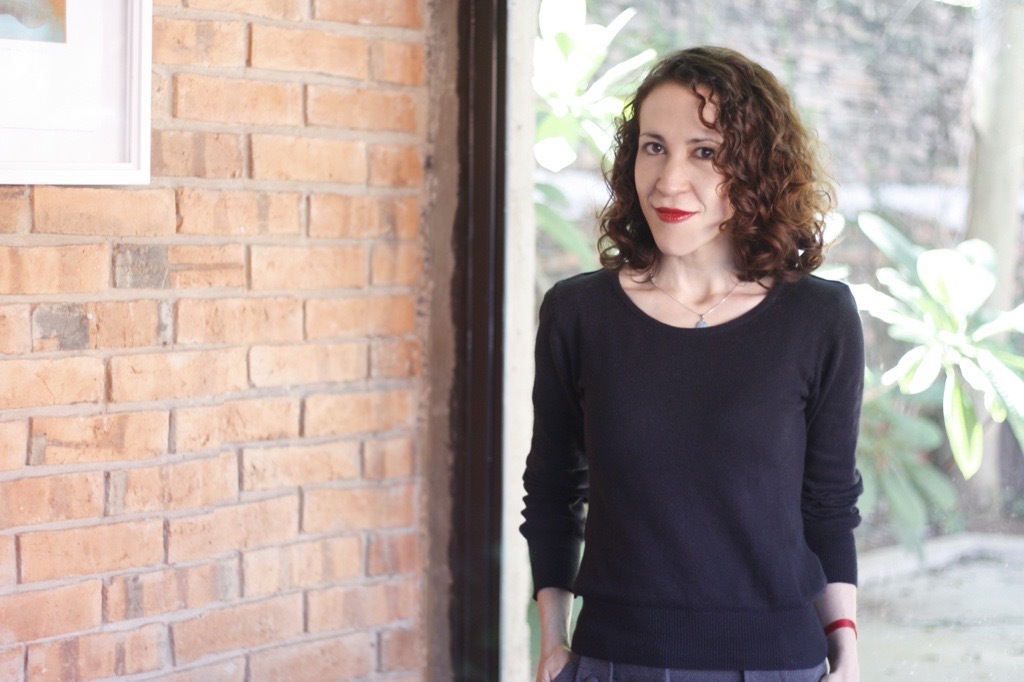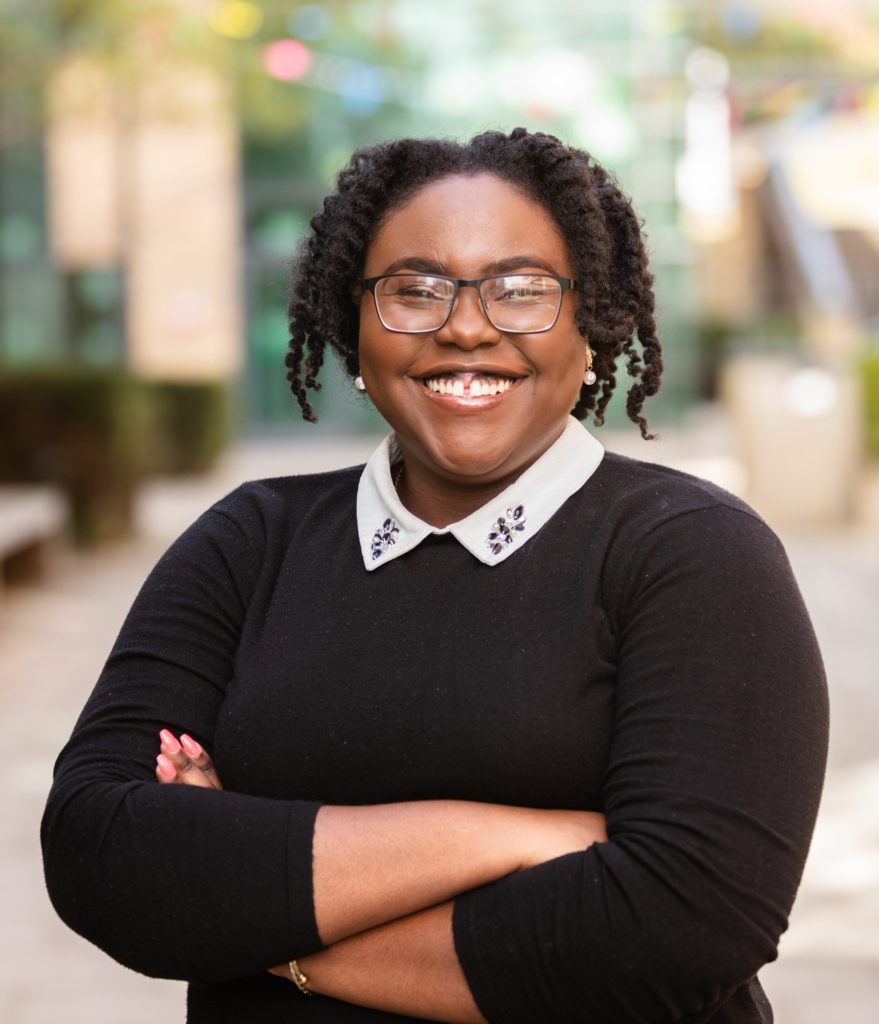As a doctoral researcher, I found myself in a lonely place at the beginning of the pandemic, wallowing in self-pity about the impact the pandemic was having on my research, including the struggles of studying at home as a parent. As a DTA researcher, I had imagined that I was future-proofed for any disruption to my daily schedule; that somehow, I could always bounce back resiliently. In January 2020, I had just started data collection, and it was looking promising. But then, lockdown happened and I had no choice but to redesign parts of my project. I needed something to distract myself from the turmoil this challenge brought and, somewhat unexpectedly, I found this through volunteering.
I registered as a Check In and Chat Volunteer with the NHS Royal Voluntary Service during the first lockdown in 2020. This role is ideal for me as a PhD student because it can be fulfilled remotely. When not studying, I spend five minutes of my time or less making friendly phone calls with people who need to self-isolate.
Our objective as PhD researchers is to extend the frontiers of knowledge. When I engaged in volunteering as an NHS Volunteer Responder, I found to my delight that beyond expanding the progress of knowledge in my specialist field, I could also support the lives and livelihoods of those in my local community. In fact, the latter can be deeply satisfying and could potentially be the grit to get your PhD over the line.
Can spending five minutes of your time for someone in your community really be sufficient to turn you into a dauntless, extra-resilient PhD researcher? From my experience, yes!
When I hear people whom I have supported say that what I am doing is important and is making a difference in their lives, it makes me reflect deeply on what I do. I’ve provided critical support to help others stay motivated during the pandemic, the absence of which could have proven catastrophic for them.
But my volunteering has provided critical support for me too. There are no words to explain the inner satisfaction you get when people appreciate what you can do as a volunteer. They will truly value your volunteering, especially if they come to learn during the brief chat that you are a PhD student with challenging demands to meet. It couldn’t be any better. Occasionally, when I feel dispirited, I reminisce about the cheerful voices and appreciative expressions at the other end of the telephone line, and then I find reasons to keep going in my PhD research. Helping others stay motivated through volunteering has a powerful effect on my staying power.
I would strongly encourage other DTA PhD researchers to support others in their local communities through volunteering, especially as we go through such difficult times as the present.
And maybe like me you could be lucky enough to have a royal video call! Recently, I had a personal thank you from Her Majesty, the Queen, and Her Royal Highness, the Duchess of Cornwall. This was reported by various print and electronic media across the UK and abroad. I suddenly turned into a celebrity overnight! Having my volunteering work recognised with an appointment with Her Majesty, and Her Royal Highness has reinforced the staying power that I need to stick at my PhD project even in difficult times.
As an international student supported by DTA, I’m immensely grateful to have the platform to touch the lives and livelihoods of those in my local community in Teesside. I hope to continue doing this as I progress in my career, both within and outside of my research.




